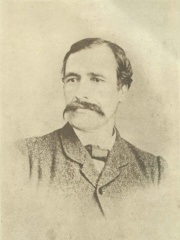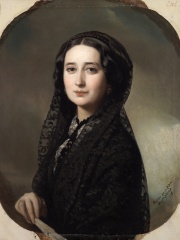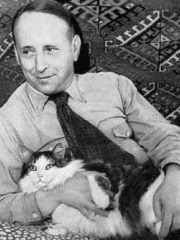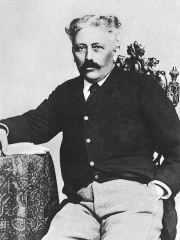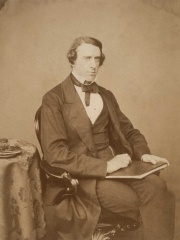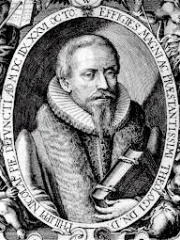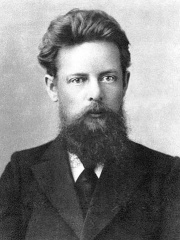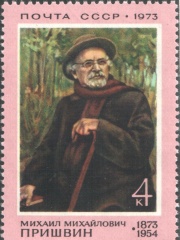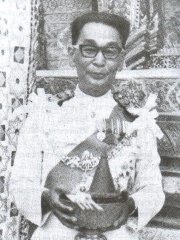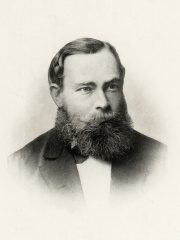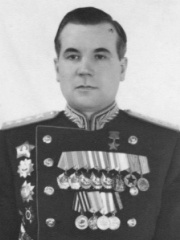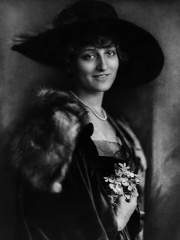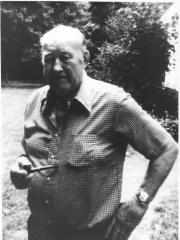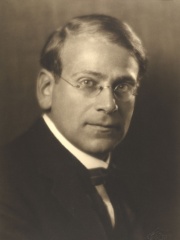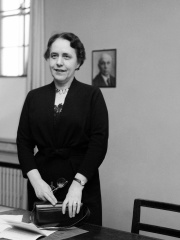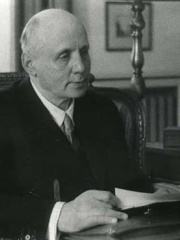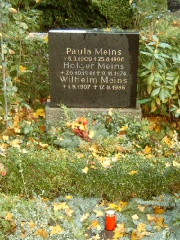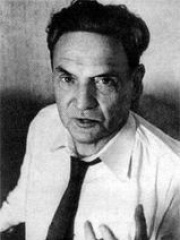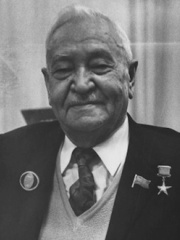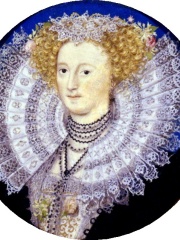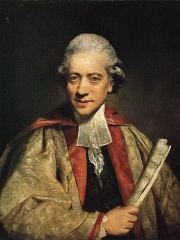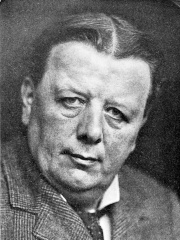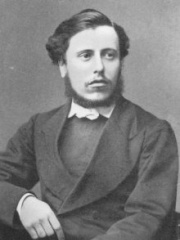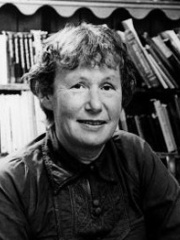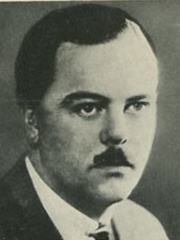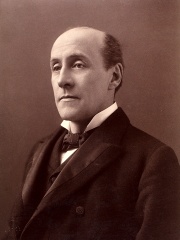Writer
Georgette Heyer
1902 - 1974
EN.WIKIPEDIA PAGE VIEWS (PV)
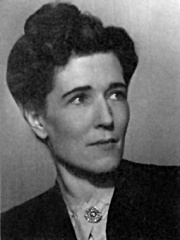
 Georgette Heyer
Georgette Heyer
Her biography is available in 26 different languages on Wikipedia (up from 25 in 2024). Georgette Heyer is the 3,725th most popular writer (up from 3,727th in 2024), the 2,948th most popular biography from United Kingdom (down from 2,650th in 2019) and the 336th most popular British Writer.
Memorability Metrics
Page views of Georgette Heyer by language
Among Writers
Among writers, Georgette Heyer ranks 3,725 out of 7,302. Before her are Georgi Sava Rakovski, Reginald Rose, Carolina Coronado, Evgeny Schwartz, Stevan Sremac, and Leslie Stephen. After her are Aphthonius of Antioch, Philipp Nicolai, Pavel Bazhov, Chairil Anwar, Gioconda Belli, and Mikhail Prishvin.
Most Popular Writers in Wikipedia
Go to all RankingsGeorgi Sava Rakovski
1821 - 1867
HPI: 58.68
Rank: 3,719
Reginald Rose
1920 - 2002
HPI: 58.68
Rank: 3,720
Carolina Coronado
1820 - 1911
HPI: 58.67
Rank: 3,721
Evgeny Schwartz
1896 - 1958
HPI: 58.67
Rank: 3,722
Stevan Sremac
1855 - 1906
HPI: 58.67
Rank: 3,723
Leslie Stephen
1832 - 1904
HPI: 58.67
Rank: 3,724
Georgette Heyer
1902 - 1974
HPI: 58.67
Rank: 3,725
Aphthonius of Antioch
300 - 400
HPI: 58.67
Rank: 3,726
Philipp Nicolai
1556 - 1608
HPI: 58.67
Rank: 3,727
Pavel Bazhov
1879 - 1950
HPI: 58.66
Rank: 3,728
Chairil Anwar
1922 - 1949
HPI: 58.66
Rank: 3,729
Gioconda Belli
1948 - Present
HPI: 58.66
Rank: 3,730
Mikhail Prishvin
1873 - 1954
HPI: 58.66
Rank: 3,731
Contemporaries
Among people born in 1902, Georgette Heyer ranks 180. Before her are Sergei Khudyakov, Jayaprakash Narayan, Khuang Aphaiwong, André Patry, Herbert Feigl, and Mitrofan Nedelin. After her are Strom Thurmond, Daniel Kinsey, Eva May, Toivo Loukola, Kim Sowol, and Jack Sharkey. Among people deceased in 1974, Georgette Heyer ranks 143. Before her are José Miró Cardona, Egon Wellesz, Hertta Kuusinen, Kurt Hahn, Lev Knipper, and Else Alfelt. After her are Willem Marinus Dudok, Karl Sesta, Ernesto Vidal, Holger Meins, Robert Ludvigovich Bartini, and Berdi Kerbabayev.
Others Born in 1902
Go to all RankingsSergei Khudyakov
MILITARY PERSONNEL
1902 - 1950
HPI: 58.86
Rank: 174
Jayaprakash Narayan
SOCIAL ACTIVIST
1902 - 1979
HPI: 58.84
Rank: 175
Khuang Aphaiwong
POLITICIAN
1902 - 1968
HPI: 58.84
Rank: 176
André Patry
ASTRONOMER
1902 - 1960
HPI: 58.73
Rank: 177
Herbert Feigl
PHILOSOPHER
1902 - 1988
HPI: 58.71
Rank: 178
Mitrofan Nedelin
MILITARY PERSONNEL
1902 - 1960
HPI: 58.70
Rank: 179
Georgette Heyer
WRITER
1902 - 1974
HPI: 58.67
Rank: 180
Strom Thurmond
POLITICIAN
1902 - 2003
HPI: 58.67
Rank: 181
Daniel Kinsey
ATHLETE
1902 - 1970
HPI: 58.64
Rank: 182
Eva May
ACTOR
1902 - 1924
HPI: 58.61
Rank: 183
Toivo Loukola
ATHLETE
1902 - 1984
HPI: 58.59
Rank: 184
Kim Sowol
WRITER
1902 - 1934
HPI: 58.56
Rank: 185
Jack Sharkey
POLITICIAN
1902 - 1994
HPI: 58.50
Rank: 186
Others Deceased in 1974
Go to all RankingsJosé Miró Cardona
POLITICIAN
1902 - 1974
HPI: 58.88
Rank: 137
Egon Wellesz
COMPOSER
1885 - 1974
HPI: 58.84
Rank: 138
Hertta Kuusinen
POLITICIAN
1904 - 1974
HPI: 58.82
Rank: 139
Kurt Hahn
POLITICIAN
1886 - 1974
HPI: 58.77
Rank: 140
Lev Knipper
COMPOSER
1898 - 1974
HPI: 58.75
Rank: 141
Else Alfelt
PAINTER
1910 - 1974
HPI: 58.70
Rank: 142
Georgette Heyer
WRITER
1902 - 1974
HPI: 58.67
Rank: 143
Willem Marinus Dudok
ARCHITECT
1884 - 1974
HPI: 58.65
Rank: 144
Karl Sesta
SOCCER PLAYER
1906 - 1974
HPI: 58.56
Rank: 145
Ernesto Vidal
SOCCER PLAYER
1921 - 1974
HPI: 58.55
Rank: 146
Holger Meins
ACTOR
1941 - 1974
HPI: 58.50
Rank: 147
Robert Ludvigovich Bartini
INVENTOR
1897 - 1974
HPI: 58.45
Rank: 148
Berdi Kerbabayev
WRITER
1894 - 1974
HPI: 58.29
Rank: 149
In United Kingdom
Among people born in United Kingdom, Georgette Heyer ranks 2,949 out of NaN. Before her are John Barnard (1946), Mary Sidney (1561), Charles Burney (1726), Ray Lankester (1847), Leslie Stephen (1832), and John Rutter (1945). After her are Tommy Flanagan (1965), Eunice Gayson (1928), Tom Hollander (1967), James Ivory (1765), Alfred Deller (1912), and Biff Byford (1951).
Others born in United Kingdom
Go to all RankingsJohn Barnard
INVENTOR
1946 - Present
HPI: 58.68
Rank: 2,943
Mary Sidney
WRITER
1561 - 1621
HPI: 58.68
Rank: 2,944
Charles Burney
COMPOSER
1726 - 1814
HPI: 58.68
Rank: 2,945
Ray Lankester
BIOLOGIST
1847 - 1929
HPI: 58.67
Rank: 2,946
Leslie Stephen
WRITER
1832 - 1904
HPI: 58.67
Rank: 2,947
John Rutter
COMPOSER
1945 - Present
HPI: 58.67
Rank: 2,948
Georgette Heyer
WRITER
1902 - 1974
HPI: 58.67
Rank: 2,949
Tommy Flanagan
ACTOR
1965 - Present
HPI: 58.67
Rank: 2,950
Eunice Gayson
ACTOR
1928 - 2018
HPI: 58.67
Rank: 2,951
Tom Hollander
ACTOR
1967 - Present
HPI: 58.66
Rank: 2,952
James Ivory
MATHEMATICIAN
1765 - 1842
HPI: 58.66
Rank: 2,953
Alfred Deller
SINGER
1912 - 1979
HPI: 58.66
Rank: 2,954
Biff Byford
SINGER
1951 - Present
HPI: 58.65
Rank: 2,955
Among Writers In United Kingdom
Among writers born in United Kingdom, Georgette Heyer ranks 336. Before her are William Robertson Smith (1846), Penelope Fitzgerald (1916), Rupert Brooke (1887), Ian Rankin (1960), Mary Sidney (1561), and Leslie Stephen (1832). After her are Anthony Berkeley Cox (1893), Anthony Hope (1863), Barbara Ward, Baroness Jackson of Lodsworth (1914), Peter Cheyney (1896), John Ford (1586), and Patrick Leigh Fermor (1915).
William Robertson Smith
1846 - 1894
HPI: 58.84
Rank: 330
Penelope Fitzgerald
1916 - 2000
HPI: 58.79
Rank: 331
Rupert Brooke
1887 - 1915
HPI: 58.78
Rank: 332
Ian Rankin
1960 - Present
HPI: 58.72
Rank: 333
Mary Sidney
1561 - 1621
HPI: 58.68
Rank: 334
Leslie Stephen
1832 - 1904
HPI: 58.67
Rank: 335
Georgette Heyer
1902 - 1974
HPI: 58.67
Rank: 336
Anthony Berkeley Cox
1893 - 1971
HPI: 58.65
Rank: 337
Anthony Hope
1863 - 1933
HPI: 58.64
Rank: 338
Barbara Ward, Baroness Jackson of Lodsworth
1914 - 1981
HPI: 58.61
Rank: 339
Peter Cheyney
1896 - 1951
HPI: 58.60
Rank: 340
John Ford
1586 - 1639
HPI: 58.58
Rank: 341
Patrick Leigh Fermor
1915 - 2011
HPI: 58.54
Rank: 342
